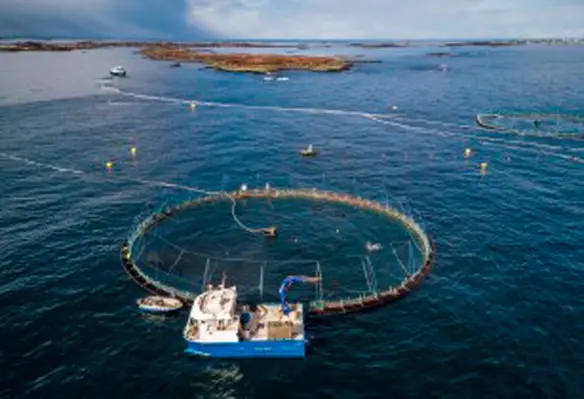Tesco PLC is updating its salmon standards to increase the use of more sustainable aquafeed ingredients like EPA & DHA rich algal oil
Veramaris, the Netherlands-based joint venture of DSM and Evonik for the production of the omega-3 fatty acids EPA and DHA from natural marine algae, strongly applauds Tesco’s move to strengthen their sustainability profile in the seafood sector.
The introduction of higher salmon standards illustrates the company’s ongoing commitment to implementing impactful sustainability measures that help to make healthy sustainable products accessible and affordable to all.
“The development of sustainable aquaculture is essential for the future of humanity's food security. Appropriate species, environment-friendly techniques, and sustainable feed supplies, such as algal oil, are surely the way ahead,” said Peter Thomson, the United Nations secretary-general’s special envoy for the ocean.
With Veramaris’ waste-free algal EPA+DHA omega-3 production facility in Blair, Nebraska, the USA up and running, Veramaris is ready to support the seafood industry’s increasing efforts for improved sustainability and healthy nutrition with its natural marine algae oil rich in the essential omega-3 EPA and DHA fatty acids.
“Value chain collaboration and a forward-thinking mindset are important to implementing sustainable breakthrough technologies, such as omega-3 EPA and DHA rich algal oil. Tesco sets an example as a prime agent of change, helping to provide consumers with healthy and sustainable choices,” stated Karim Kurmaly, CEO of Veramaris.
For the consumer, the continuous consumption of seafood creates a lifetime of health benefits. With a daily intake of more than 250mg, omega-3 EPA and DHA support the normal function of heart, eyes and brain. Within Europe, in 2016 alone, almost a quarter of a million (227,000) deaths due to cardiovascular disease were explained by a diet low in omega-3 fatty acids.




